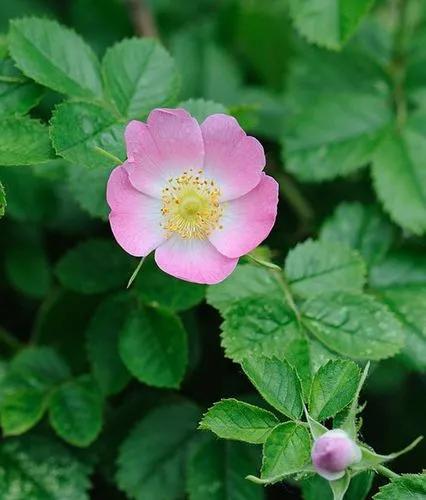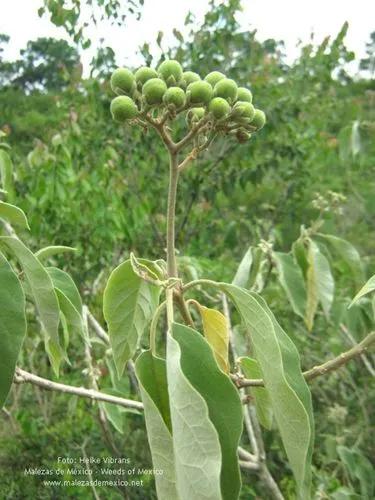Pouteria lucuma is an evergreen tree that can grow 25 metres or more tall, but is usually small.A popular fruit within the plant's native range, where it is often gathered from the wild. The tree is also often cultivated for its edible fruit, especially in the subtropics of S. America, the fruit often being found for sale in local markets
Lucuma Care
Pouteria Lucuma



How to Care for the Plant

Water

Average amount of water

Pruning

Pruning begins when young to form 3-4 well-spaced main scaffold branches that will open up the canopy. Thereafter branches longer than 30-40cm can be tipped to promote further branching. In mature trees, serial thinning of individual main branches may be undertaken to keep the canopy productive, and dead or damaged wood should be removed.

Sunlight

Grows best in a sunny position

Soil

It is relatively undemanding, growing best in rich loams but also in sandy through to clayish soils, and has some tolerance to salinity.

Temperature

Most members of the genus are tropical, but lucuma is better adapted to a frost-free sub-tropical or cool tropical climate, with mean annual temperatures in the range 8-27°C.

Popularity

65 people already have this plant 9 people have added this plant to their wishlists
Discover more plants with the list below
Popular articles






